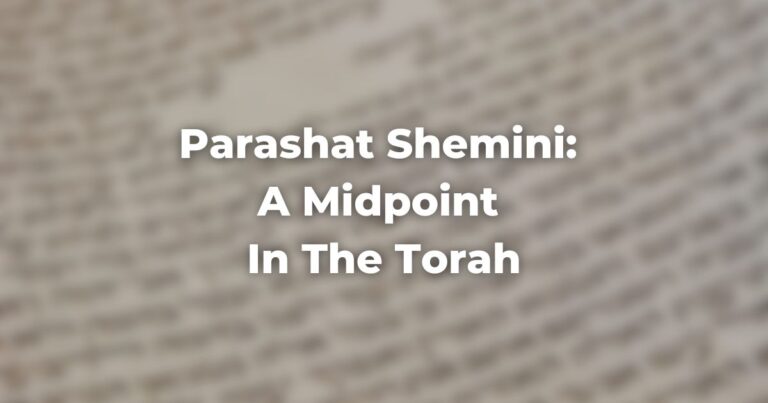- Are all slaughtered animals in the category of requiring that they be an offering?
- Why would the slaughter of those specified and not brought to the worship center be considered as “spilling blood?”
- What is this regulation intended to achieve (Leviticus 17:5-7)?
- What practice must have obtained, re: offerings to “false gods,” that this mandate was to end?
- Is the regulation only for the wilderness experience (Leviticus 17:7)?
- How is this regulation expanded in Leviticus 17:8-9?
- Is the eating of blood prohibited to Israelites only—and what is the specified result if it is done?
- What reason is given for not eating blood?
- And, is this consistently applied even to non-cattle (Leviticus 17:13-14)?
- To whom, then, does the “soul which is the blood” actually belong?
- And how does the regulation apply to animals already found dead?
Author
-

Exploring Judaism is the digital home for Conservative/Masorti Judaism, embracing the beauty and complexity of Judaism, and our personal search for meaning, learning, and connecting. Our goal is to create content based on three core framing: Meaning-Making (Why?), Practical Living (How?), and Explainers (What?).
View all posts





